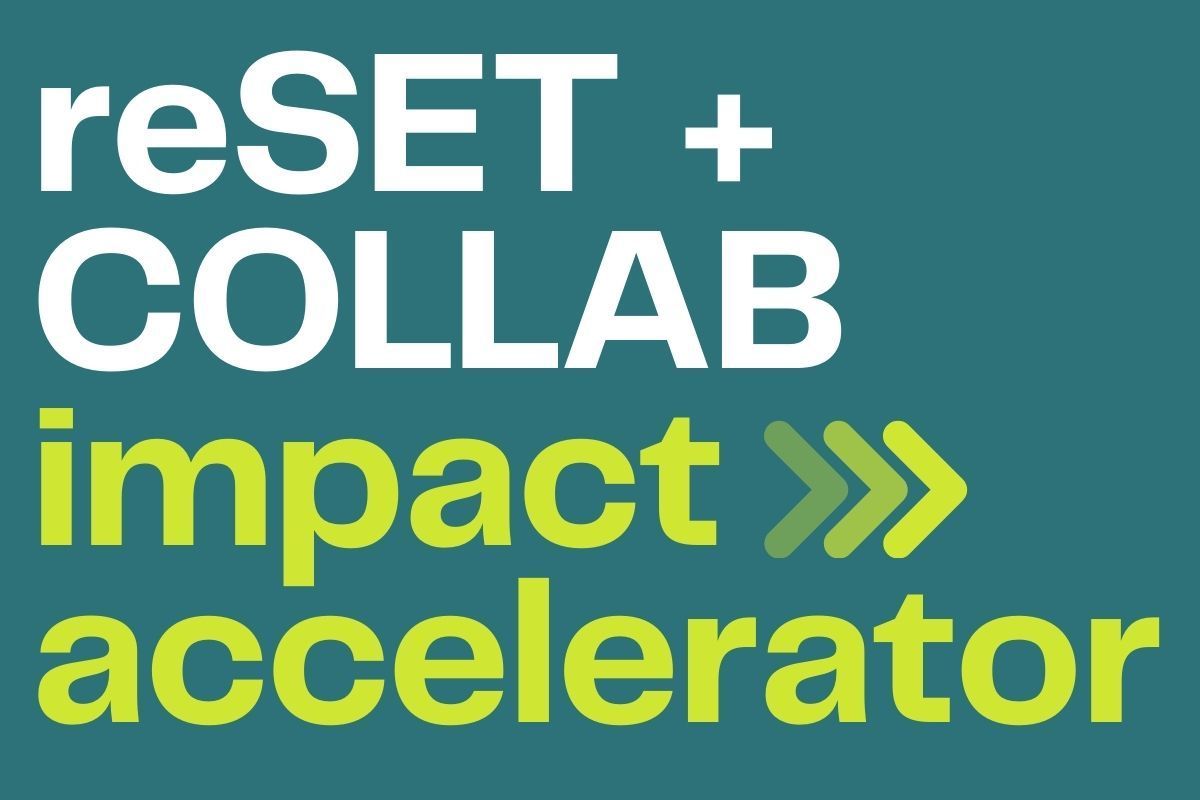From Connecticut by the Numbers –
Despite being introduced with the backing of Governor Malloy, overwhelming support in the House of Representatives where it passed by a lopsided 128-12 on May 20, and co-sponsorship by the legislature’s four top leaders, legislation establishing the “benefit corporation” as a new type of corporate entity never came up for a vote in the State Senate. And thus it died when the legislative session ended on Wednesday.
“Despite a great deal of effort, we lost. It is a sad day for Connecticut that we couldn’t get something so unequivocally positive done. I personally find it hard not to be disheartened by the whole process, but I guess that’s politics,” said Kate Emery, founder and CEO of reSET, the Social Enterprise Trust.
Similar legislation has already been passed and signed into law in California, Hawaii, Illinois, Louisiana, Massachusetts, Maryland, New Jersey, Pennsylvania, South Carolina, Vermont, and Virginia. It is pending in nine other states.
The bill (HB 6356) would have allowed businesses to legally incorporate as benefit corporations in Connecticut and was described as the most comprehensive piece of social enterprise legislation ever proposed in the United States. It was designed to help social entrepreneurs protect their organization’s social mission, and provide a transparent, accessible, and simple mechanism for defining their business’s social goals. Supporters said the legislation would also help drive job creation and increase the number of community-based partners committed to solving some of Connecticut’s most pressing social issues without requiring additional state funding.
Here’s how Hartford Courant business editor Dan Haardescribed the bill in a column the day prior to legislative adjournment: “The bill has few if any opponents, it would make it easier for private firms to do some good in the world and it wouldn’t cost the state any money (okay $62,000, once, to reprogram the computers).
Firms organized this way, known as type-B corporations, would have a stated social goal beyond profits for the owners — public health, perhaps, or promoting the arts or restoring the environment or creating economic opportunity for disadvantaged people. It’s the kind of stuff nonprofits tend to do, but allowing for-profit companies to set up with a social purpose simply adds an avenue.”
The bill not only required benefit corporations to publicly state their social mission within the business’s articles of incorporation, but it also would have created a culture of accountability within Connecticut’s social enterprise community by requiring that those businesses publish an annual benefit report detailing the public benefit that they have actually created, and make that information publicly available on their website.
It also would have given owners of social enterprises the option of locking in their commitment to the social mission that their business is designed to serve by electing to adopt its legacy preservation clause after a waiting period of two years. This would allow shareholders to ensure that their commitment to the creation of public good is maintained, even if ownership of that company changes over time. But it was not to be.
“We did everything we could possibly do and we had a lot of great people working very hard to make it happen,” Emery said in an email to supporters of reSET across the state. “It was a well fought battle and sooner or later we’ll get it passed but for now we will have to take heart in knowing we did all we could.”
The broad coalition of supporters – all of whom submitted testimony during a public hearing on the bill – included AARP, the Connecticut Association of Nonprofits, theConnecticut Conference of Independent Colleges and AT&T. As Haar noted this week,Connecticut Innovations, the state’s technology investment arm, and the state Department of Economic and Community Development both supported it actively. The Connecticut Bar Association, which opposed a similar bill last year, also supported this year’s revised version.
Benefit Corporations are a new class of corporation that 1) creates a material positive impact on society and the environment; 2) expands fiduciary duty to require consideration of non-financial interests when making decisions; and 3) reports on its overall social and environmental performance using recognized third party standards.
In her public hearing testimony, state Economic and Community Development Commissioner Catherine Smith said Connecticut “is poised to realize many benefits” from passage of the bill, which would “leave a lasting social and financial impact on our state for years to come.”








